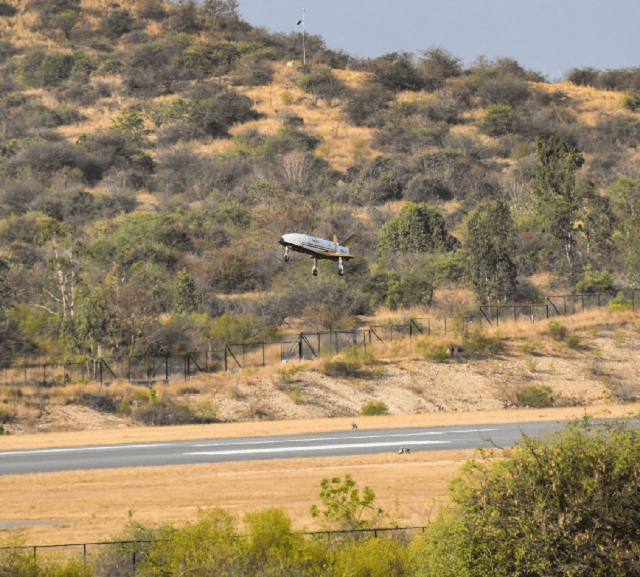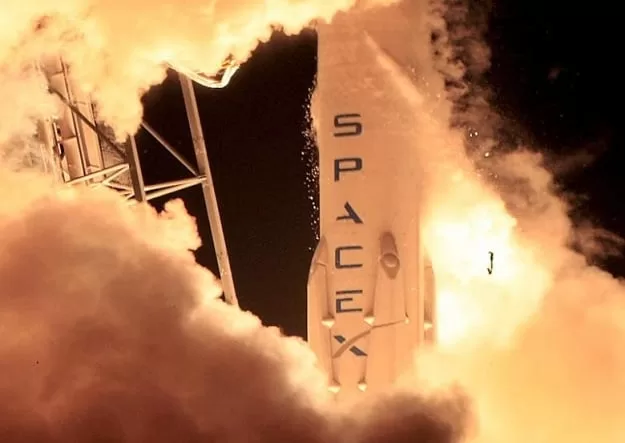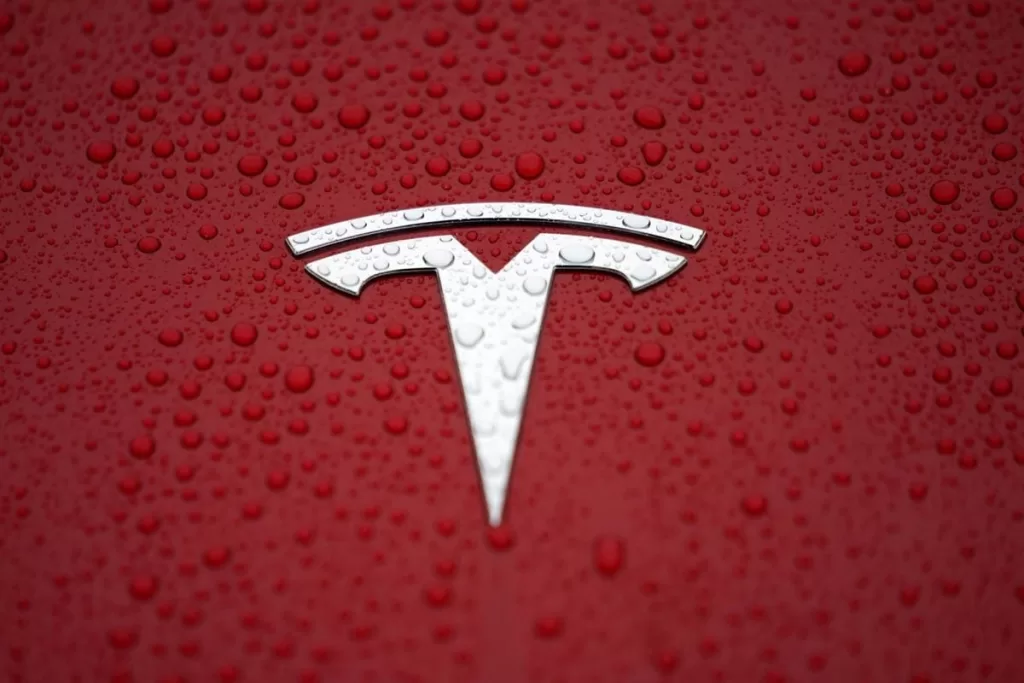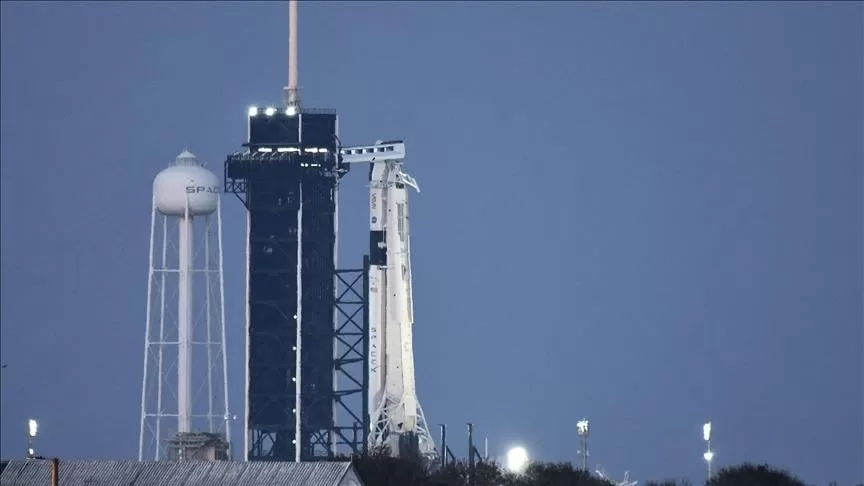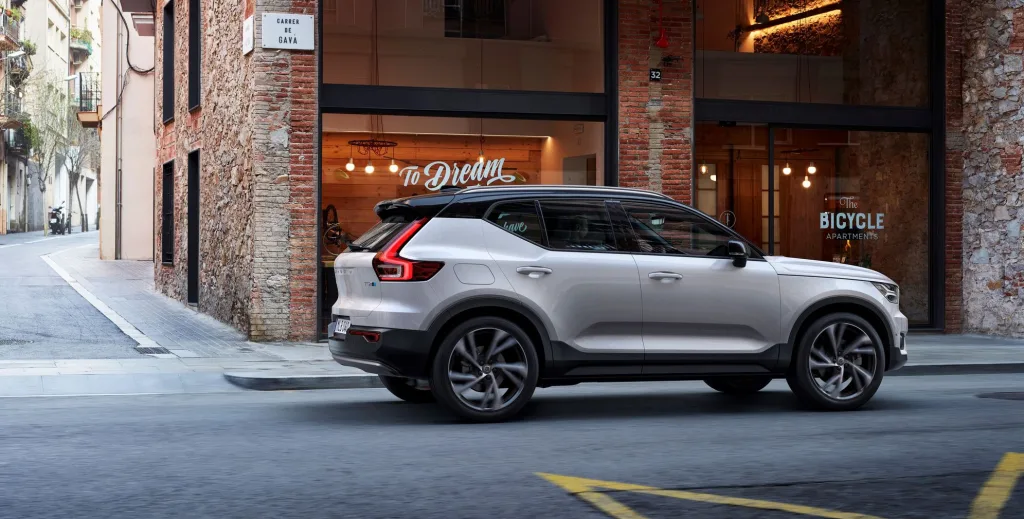“Even with disruptions like the chip shortage possibly fading away in the auto industry, it’s clear that life isn’t necessarily becoming simpler,” noted Mark Wakefield from AlixPartners.
Dive Brief:
Despite ongoing disruptions due to electrification and emerging technologies, the automotive industry saw a decrease in disruption for the second consecutive year, as per the 2024 AlixPartners Disruption Index.
The index, derived from a survey of 310 automotive executives last year, dropped from its peak of 78 in 2022 to approximately 75 last year and further to 72 this year. This score is determined by comparing the number of concurrent disruptions impacting the industry to their perceived impact based on survey responses.
According to Mark Wakefield, global co-leader of the automotive and industrial practice at AlixPartners, disruptions within the automotive sector have transitioned from external, uncontrollable pressures to more manageable challenges.
Access now➔
Dive Insight:
The automotive landscape is undergoing significant transformations as product offerings shift towards electrification and incorporate advanced software-enabled features.
Despite facing considerable disruptions, a majority (64%) of surveyed automotive executives perceive new business models as opportunities for their firms. However, optimism levels vary across regions, with European and Chinese executives more inclined to view disruptive technologies such as software-defined vehicles and artificial intelligence as advantageous. Conversely, U.S. executives are more prone to regard them as threats.
“Although challenges like the chip shortage may be receding in the automotive sector, this doesn’t imply a less challenging environment,” Wakefield emphasized.



